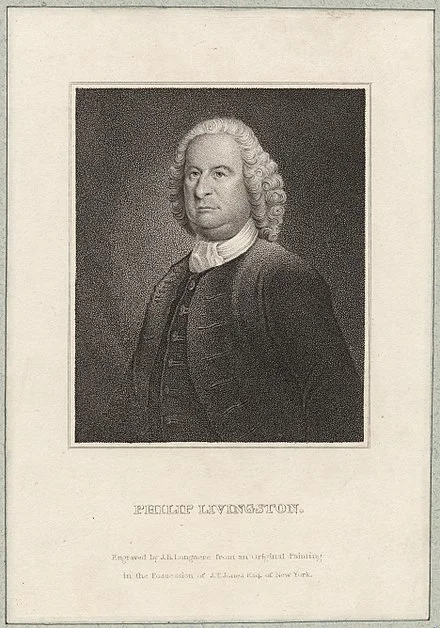William Hooper Isn't A Loyalist...Despite What You Heard
William Hooper signed the Declaration of Independence on behalf of North Carolina.
Though the Declaration signing was clearly the high point of Hooper’s career, his role in the Founding is just as substantial due to what he lost as much as what he accomplished.
William Hooper
Boston was full of lawyers.
It would be hard for a young man to start a law practice in such a situation.
Despite studying at Harvard, followed by an apprenticeship to the successful James Otis, William Hooper knew that to establish himself as a lawyer of the highest rank he would have to leave his hometown.
North Carolina Attorney General
William Hooper made the decision to relocate to North Carolina. This choice would prove to be fortuitous.
The young man’s new business took off immediately. By 1770, the 30-year-old had risen to the position of Attorney General.
In this office, Hooper worked closely with the Royal Governor.
This included suppressing rebels in western North Carolina in the War of the Regulators. In short, the regulators were frontier citizens who disagreed with the laws being passed by the elite leaders in the coastal cities.
Supporting the Royal Governor did not help William win friends among the rebels. As the American Revolution began, many accused him of being a Loyalist.
Independence
In 1773, Hooper managed to receive election to the North Carolina Colonial Assembly.
William began to disagree with the Royal Governor when he dissolved the Assembly. Hooper assisted in creating the new Provincial Government which replaced the Assembly.
William’s hard work in keeping North Carolina operating as usual won him the respect of his peers and he was selected to attend the First Continental Congress. During this session, he signed the Continental Association which called for a boycott of British produced goods.
Two years later Hooper was attending the Second Continental Congress when he signed the Declaration of Independence.
Losing Everything
By 1777, Hooper resigned from the Continental Congress to attend to his law practice.
During this time, Wilmington, NC was occupied by the British. William was separated from his family for nearly a year, had all of his property burned, and relied on the generosity of his friends for food and shelter.
Despite this, once the Revolutionary War concluded, Hooper generally favored treating the Loyalists kindly. He also supported the Federalists in a heavily Anti-Federal area.
William Hooper’s empathy led to him never holding elected office again.
If you’d like to learn more about Founders whose houses were destroyed by the British, check out our articles on John Dickinson or Elizabeth Lewis.
Also, if you enjoy this website I am sure you will love ‘Signing Their Lives Away.’ It contains brief, fun biographies which are just a bit longer form than what you might find here. Pick up a copy through the Amazon affiliate link below.
Oh, and of course, subscribe to our email list. I’ll send you a new article every morning!






